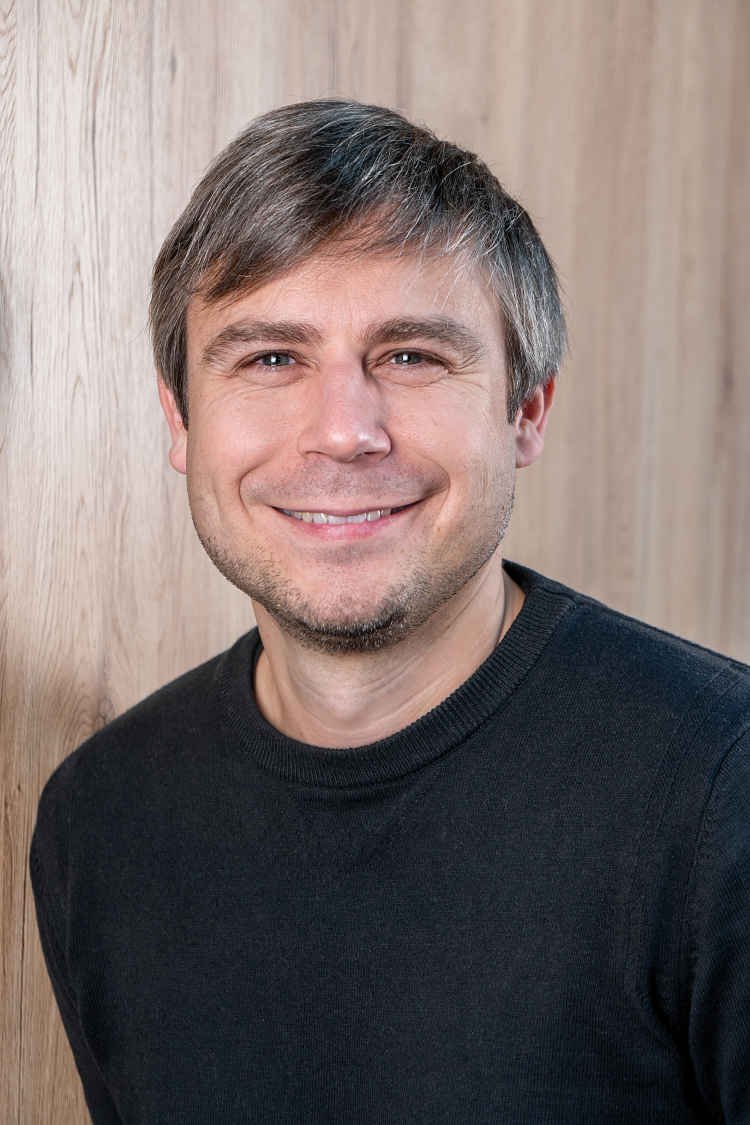How do you get into the AV industry? Reece Webb explores the avenues open to those who want a career in AV as well as what more can be done to increase visibility of the profession and attract new blood.
The AV industry is often described as an industry where everybody knows everybody. Take a walk at any trade show and you will discover an almost familial setting, as integrators, consultants, manufacturers and distributors rub shoulders and catch up on the latest gossip and news.
It’s also an industry that sees a lot of internal movement, often with the same faces moving from company to company over time, but keeping feet firmly planted within the AV world. It’s often joked that once you enter the AV industry, that you’ve found a calling for life and much like the proverbial lyrics of The Eagles’ Hotel California: “You can check out any time you like, but you can never leave”.
Not leaving is one thing, but how do you get in? And more importantly, how do you even find out about this industry? These are questions that everybody has to grapple with as an industry-wide skill shortage continues to bite in the wake of the Covid-19 pandemic.
For Michael Kottke, managing director, Macom UK, a lifelong passion for technology combined with curiosity and coincidence opened the door to this industry. Kottke explains: “I have always had a strong interest in AV technology, ever since I was a kid. It was promoted by my musical education, and it’s always been there. I started looking at mixing desks and recording studios as well as video editing when I was a teenager. I found a course at a university in Germany and thought it would be interesting to work with this kind of technology professionally.
“I attended the Expo [world expo event] in 2000 in Hanover, and it was full of pavilions filled with AV. It was at that time that I thought that there must be somebody who designs all of this, installs it and makes sure it all works prior to these big events. I found the consultants who were in charge of the design, and I applied for an internship with that company, working on several flagship projects. After that, I started working at Macom who, to this day, is my current employer.”
There is no question that this industry is filled with passionate individuals who live and breathe AV technology, but does the industry have a visibility problem? How much awareness is there of the AV industry in the wider world and what the industry can offer new recruits?

"We as an industry need to be more open to change, open to attract new talent and embrace new thinking." - Michael Kottke, Macom
Kottke adds: “[Without my passion] I probably would not have found this industry. Back then, I was not aware that the AV industry exists, nor the structure of the market or consultants, or of system integrators and how it all works. It wasn’t really visible to me. It was only through passion and coincidence that the thought came to my mind.
“It wasn’t easy to find because I didn’t know what I was looking for. I searched for AV technology and planning, but it was difficult to discover relevant information.”
Finding the way
For people who find this industry without an initial, lifelong passion for AV technologies, there are a growing number of options available for a fulfilling a secure career. Justin Paveley, engineering director, Kinly, initially entered the industry with no experience, but came armed with a passion to work hard and succeed. Paveley says: “I came to the UK, joined the British Army and left with no qualifications, so trying to find work was very difficult. A friend of mine scooped me up with a job, all about ‘pulling in cables’, so I accepted without knowing what AV was, but I was given an opportunity and I’ve been in the business for 24 years now.”

"We’ve brought in 12 ex-armed forces personnel. We’ve also got four placement students brought in this year who have all been outstanding and will receive a contract before going into their final year." - Justin Paveley, Kinly
“During the AVMI years, I was asked how we replicate my experience in the industry. That was the start of the AVMI veterans programme, using my experience of how I transitioned into AV, and we created a programme that is still running today, it’s been a game changer. In the past 14 months, we’ve brought in 12 ex-armed forces personnel. We’ve also got four placement students brought in this year who have all been outstanding and will receive a contract before going into their final year.
“We’re also going to universities, speaking to the brightest kids and saying: ‘this is what we’re all about’, and these kids are interested in what we do. We host open days at our office, send advertisements out to universities, engage on social media and more to invite people to come and have a look. You’ve got to go out and make the effort [to attract new talent], you can’t wait for them to come to you. You can sit and wait and talk about a skills shortage, but you need to go out and look.”
Now you see me
There has been a lot of talk surrounding skills shortages and an aging workforce in this industry for many years, and the issue of visibility for this industry poses a serious roadblock for would-be aspirants looking for a secure role.
For Jacobs Massey, a UK based recruitment firm that specialises in recruiting AV specialists, it certainly is possible to find a way into the industry without that dyed-in the-wool interest from a young age, but more needs to be done. Graeme Massey, managing director, Jacobs Massey, explains: “I think the industry has a visibility problem which is quite ironic [considering the nature and wow factor of the technologies we work with]. I think it’s getting better, but it could be significantly improved by reaching out to colleges and universities. There are courses that are in musical production and audio design, but after speaking with students about careers in AV, the only real job they were thinking about was within a studio environment. There was no awareness about the corporate market, leisure market and manufacturing.
“It was a lightbulb moment for them, especially with the salaries on offer: these are high profile support roles that offer €35,000- €40,000. It’s a serious business and that’s what’s changed with the AV sector.”

"These are high profile support roles that offer €35,000- €40,000. It’s a serious business." - Graeme Massey, Jacobs Massey
While Jacobs Massey primarily deals in the recruitment of AV professionals already with experience in the industry, overcoming the skills shortage and attracting new talent will require appealing to a new generation of AV recruits.
Learning the trade
One method of this is education. Enter Jack Laidlaw, programme leader at Middlesbrough College in the UK, who is developing an apprenticeship scheme to encourage new routes into the industry with the support of companies in the AV world.
While only available in the UK, this method of attracting new talent to the AV industry could serve as a template for aspirants and companies wishing to attract new talent around the globe.
Laidlaw explains: “We [initially] put together a three-year BSC audiovisual technology program which was validated by the Open University. It was at that point that I realised that the issue with staff was both national and global, companies all over the world are struggling to attract staff and people with the right skills.
“We had a massive response from industry, there was a lot of positive buzz, but we struggled to attract students largely due to an on-site delivery model which meant students needed to be based in the north-east of England. Primarily though, people don’t know what AV is so that was a barrier to recruiting people for the course.”

“Apprentices are going to learn things in the workplace, but the expectancy is not on employers to be teachers." - Jack Laidlaw, Middlesbrough College
Laidlaw and the Middlesbrough College team are now shifting to an AV apprenticeship format, launching in September 2022.
The apprenticeship will allow learners to spend 80% of their time ‘on the job’, conducting practical work within the AV industry, with 20% of time spent on the theoretical side, delivered remotely to cast the net as wide as possible.
Laidlaw adds: “As a training provider, we’ve discontinued the three-year model and now offer a foundation degree [two-year course], which is 100% linked to the apprenticeship content.
“Apprentices are going to learn things in the workplace, but the expectancy is not on employers to be teachers, we deliver 100% of the content. It’s an online course, so our apprentices can be based anywhere. Awareness will gradually tick up as we get apprentices come through and achieve success. Word of mouth is very strong, and we will have apprentices that will qualify and get good jobs, that word of mouth [from them] will help a lot.”
So, what does the future of getting into the AV industry look like? Kottke believes that new ways of thinking are needed to overcome the long-term issue of attracting staff. He explains: “As an industry, we should focus on what makes AV interesting in terms of feeling, emotions and user journeys. We as an industry need to be more open to change, open to attract new talent and embrace new thinking. That will make us appear modern, agile and up to the expectations of the new workplace. It’s these things that we need to adopt as an industry to attract and retain new talent.”
Main photo credit: Andrei_R, Shutterstock